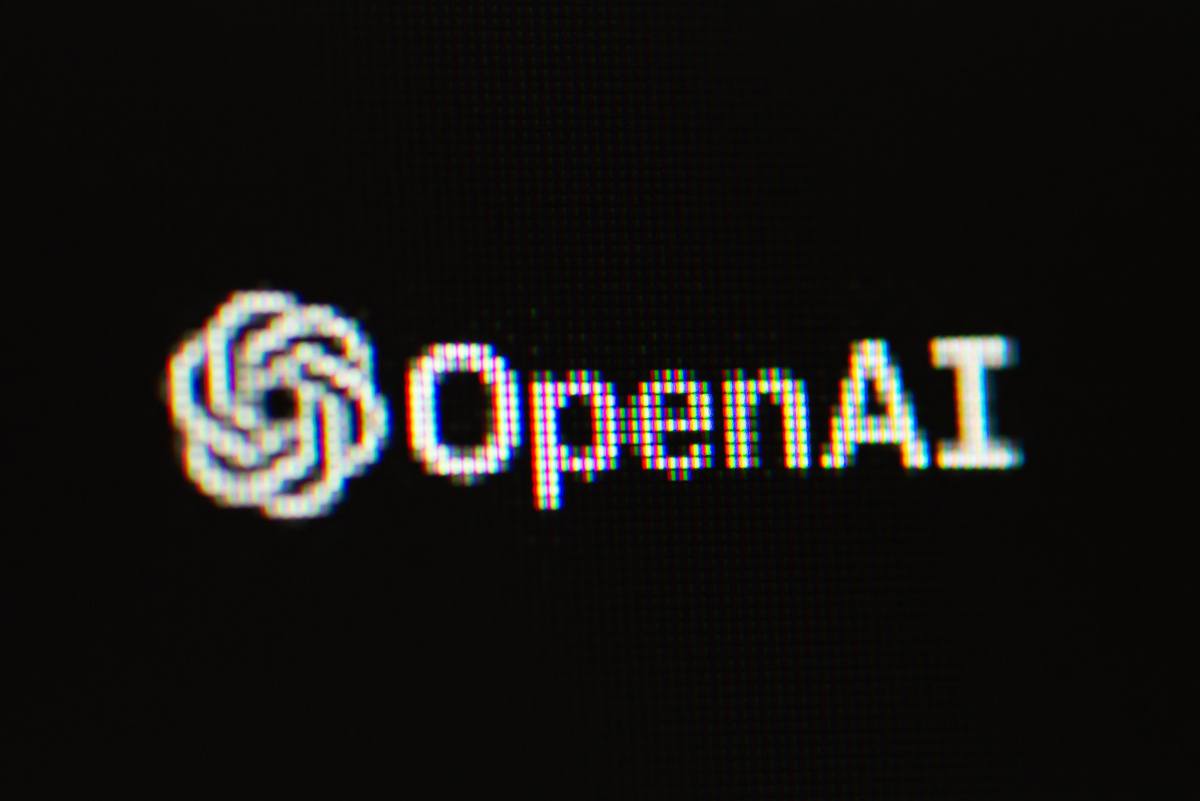
CEO Sam Altman said at the San Francisco-based start-up’s first-ever developer conference yesterday that its AI chatbot ChatGPT now has 100m weekly users.
We have come to that point in the advancement of artificial intelligence where we can create our own AI using the help of AI. At least that’s what OpenAI said it will allow users to do from now on – build a custom ChatGPT for specific productivity tasks, or even just for fun.
Announced at the company’s first-ever developer conference yesterday (6 November), GPTs) is a new way for users to create tailored versions of ChatGPT “to be more helpful in their daily life, at specific tasks, at work or at home”.
OpenAI gave the example of a GPT, which stands for Generative Pre-trained Transformer, which can help a user learn the rules to any board game, help teach children maths or design stickers without needing learn a line of code.
“You can make them for yourself, just for your company’s internal use or for everyone. Creating one is as easy as starting a conversation, giving it instructions and extra knowledge, and picking what it can do, like searching the web, making images or analysing data,” said OpenAI.
Users will also be able to show off their creations on a GPT Store rolling out later this month. The marketplace will feature creations by verified users and spotlight “the most useful and delightful GPTs”. Eventually, people can earn money off the popularity of their GPT.
Enterprise customers will be able to make internal-only GPTs that are built on top of the company’s knowledge base. Copyright Shield, another programme OpenAI unveiled at the conference, will protect businesses using their AI from copyright claims.
OpenAI also released GPT-4 Turbo, a new and improved version of the popular GPT-4 model, that has a context window four times more than its predecessor. GPT-4 also has knowledge data updated until April this year, unlike GPT-4 which is updated to September 2021.
These announcements come as CEO Sam Altman said ChatGPT, the first chatbot to set of the generative AI race, now has more than 100m weekly users. OpenAI also noted that more than 2m developers are building tools through the ChatGPT application programming interface (API).
In September, the Silicon Valley start-up announced it is opening a new office and creating nine new roles in Dublin as it eyes further expansion in Europe. Dublin is the third city OpenAI will have an office in, after its headquarters in San Francisco and a London office announced in June.
10 things you need to know direct to your inbox every weekday. Sign up for the Daily Brief, Silicon Republic’s digest of essential sci-tech news.

